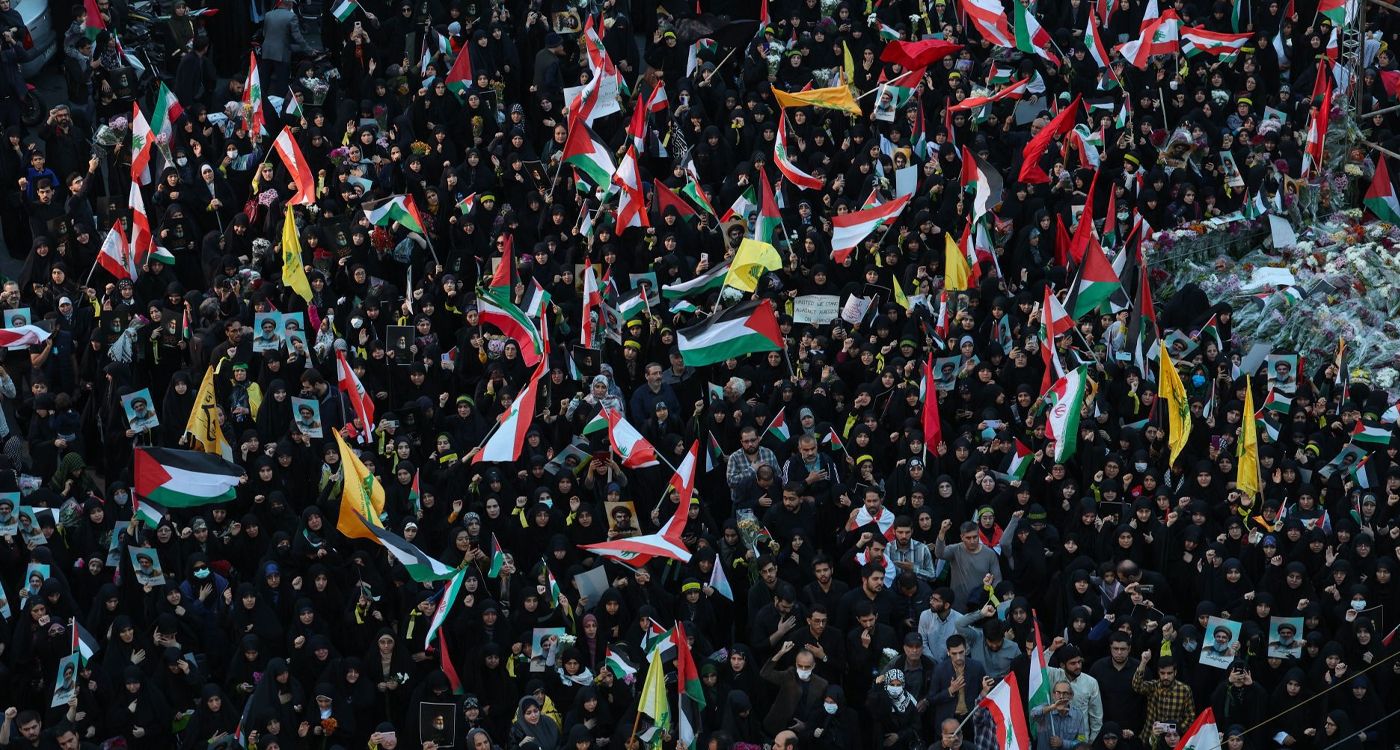
By waging a “low-intensity” war against Israel, Hezbollah’s slain leader Hassan Nasrallah made a grave miscalculation, the consequences of which the entire nation of Lebanon is now bearing. The pressing question is how to convince Hezbollah to accept the failure of its war. For the moment, the group remains in denial, even though, as Professor Amine Issa notes, it has lost “its main source of persuasion”—its Secretary General, Hassan Nasrallah.
Nasrallah’s doctrine, elevated to the status of absolute orthodoxy, will continue to haunt Hezbollah members for a long time. However, the reverence they have for him will prevent them from grasping the lessons of what is unfolding and recognizing the difference between what is achievable and the illusion of what could be achieved.
It is essential to push Hezbollah to change its mindset and move beyond the ideological immaturity that gave it the illusion that history could be shaped at will. Under Iran’s guidance, it believed it could redraw the region’s geopolitical map and erase a state it deems an “artificial creation” and its “religious duty to destroy,” following direct orders from Iran's Supreme Leader, Ali Khamenei.
The results of this illusion are now clear for all to see. What is concerning is that Hezbollah may choose to avoid facing reality by pressing forward in a dangerous, irrational direction—shifting from pragmatic actions to messianic beliefs about the return of the Mahdi. Such a course of action would lead the group to pursue goals historian Jean-Pierre Filiu describes as “eschatological opportunism,” a strategy that has consistently failed in the past.
Helping Hezbollah recognize its mistakes also requires avoiding any provocation or humiliation of the Shiite community to which it belongs.
Lebanon, for its part, must immediately distance itself from the logic of total war being played out in Gaza, from which it is suffering greatly—even at the risk of being accused of defeatism.
In January 2009, as historian Jean-Pierre Filiu recounts, the 23-day Israeli offensive in Gaza, known as “Operation Cast Lead,” resulted in a devastating toll of 1,417 Palestinians killed (1,166 according to Israeli sources).
Yet, despite this, Hamas, which has ruled Gaza unchallenged since 2007, chose to celebrate a “victory” with the backing of Qatar-based Al Jazeera. The channel followed jubilant Hamas militants through the streets of Gaza, even interviewing an elderly Palestinian woman who stood before the rubble of what once was her home. “Victory? You’re celebrating a victory? One more victory like this, and we won’t even have a tent left to shelter us!” she exclaimed.
This prophecy is unfolding today. It once again demonstrates that a two-state solution remains the only viable path for the peaceful coexistence of both peoples on the same land, and that the world’s diplomatic efforts, beginning with the Arab world, should be directed toward this goal.
(*) Article published in L'Histoire, No. 422, April 2016: Les fanatiques de l’Apocalypse



Comments